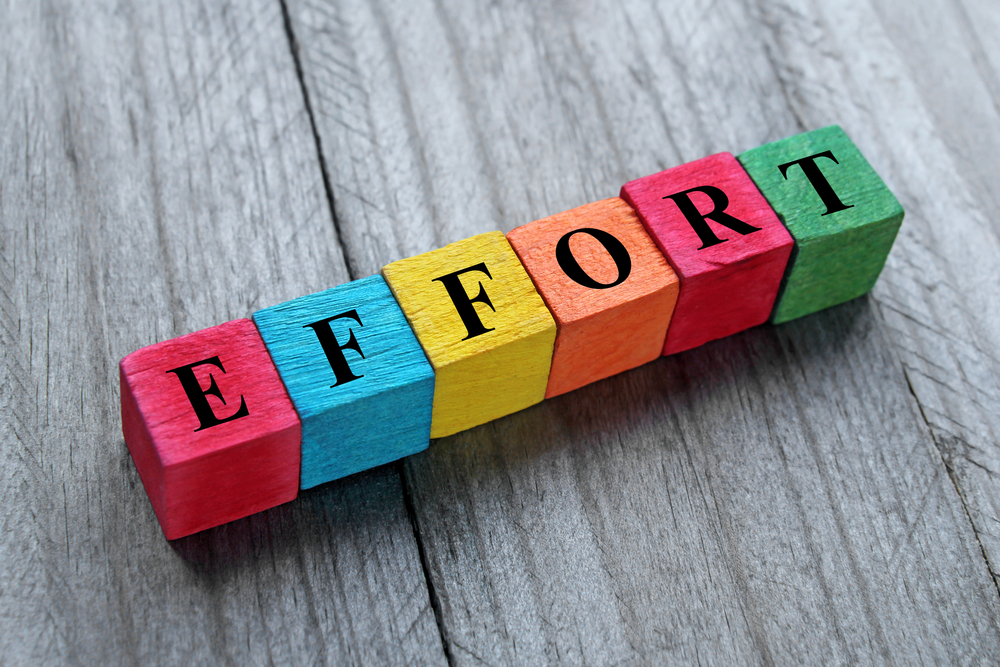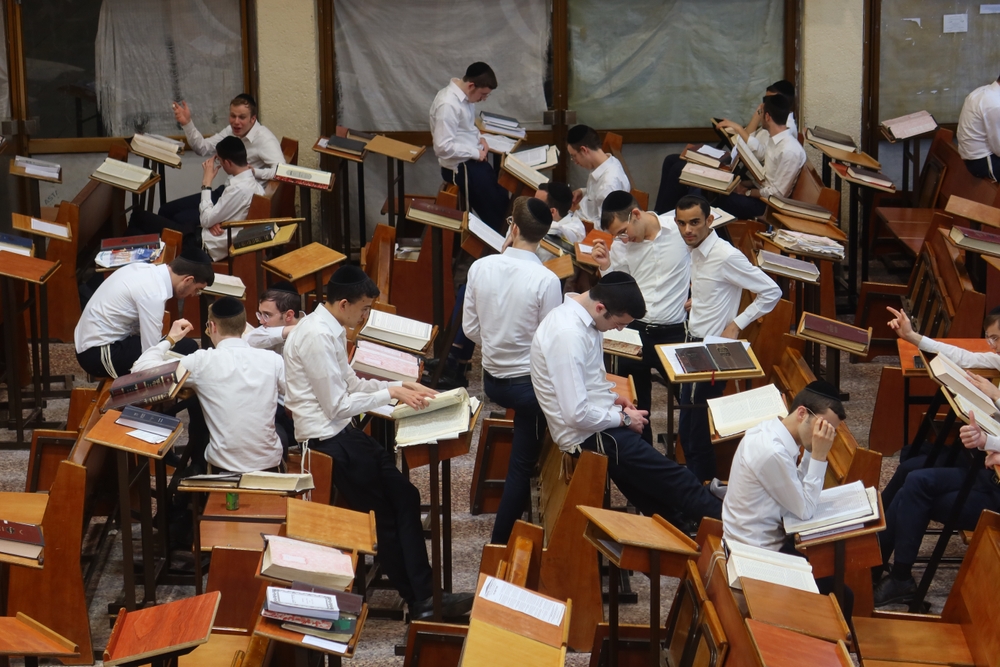On Rosh Hashanah there is a concept of “וגילו ברעדה” which means “and rejoice while trembling.” I don’t know about you, but when I’m trembling, I’m not really rejoicing and vice versa. What kind of verse is this? How can we understand it?
Let’s think about the holiday of Rosh Hashanah for a minute. We prepare all of this delicious holiday food, we dress in festive clothes, and enjoy our holiday together with our families.
However, in contrast : We attend shul to hear the shofar. We think about our previous year and our obligation to repent. We know this is the time of repentance for us and for the entire universe. Every being is judged by The Creator on this day.
Even on Yom Kippur, a decidedly serious and solemn day, we again dress in our finery, clean the house and welcome a beautiful holiday with a meal fit for a celebration. How would you imagine the mood, dress and food of someone being tried in court?
What’s more is, after Yom Kippur, we again celebrate with a nice break-fast meal, we immediately build our sukkas, and we prepare for a nine-day holiday just for rejoicing.
But we do it, every year. We have that solemnity and celebratory appearance at the same time. Have we gone mad? Where are our sensitivities to the seriousness of the day; of this time period?
I believe the key here is that G-d gave man the ability to experience conflicting feelings and emotions at the same time. We go through the year and we have good days and hard days. We are able to say to ourselves that we are human; we do well and we make mistakes. We look at ourselves and say hey, I made a mistake; today wasn’t as good as I would’ve wanted, and tomorrow’s a new day. We are able to experience success, pride, disappointment and hope all at the same time.
Hashem created us and gave us Jews the Torah to become better people. It doesn’t happen overnight. We are fallible and we mess up. Our strong point is that we have a desire to do better and to improve. We want to do the right thing like our Creator wishes. We look at our shortcomings and we don’t give up. We look at our successes and we feel we have the ability to move upward and onward. Hashem specifically wants us to rise through these challenges, have conflicting actions and feelings, and rise above it. That is true greatness.
Rosh Hashanah and this time period of the Jewish calendar is the ultimate celebration of the creation of man. The purpose of mankind is to become God-like through following in His ways. Part of that journey is to have human emotions that can tend to drag one down. The beauty and greatness come when the human tendencies mesh and work in tandem with the spiritual. We have a day for judgment, of self-introspection, of seriousness. It’s also a day to reflect on who we are as humans as a chosen part of mankind, and hence, a day that’s an ultimate celebration for our existence.
Mordechai Geberer


